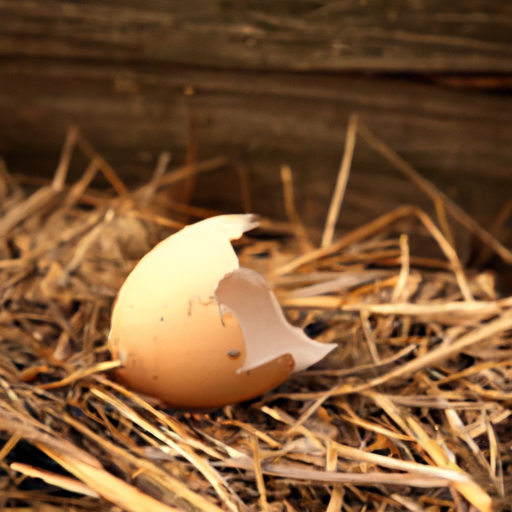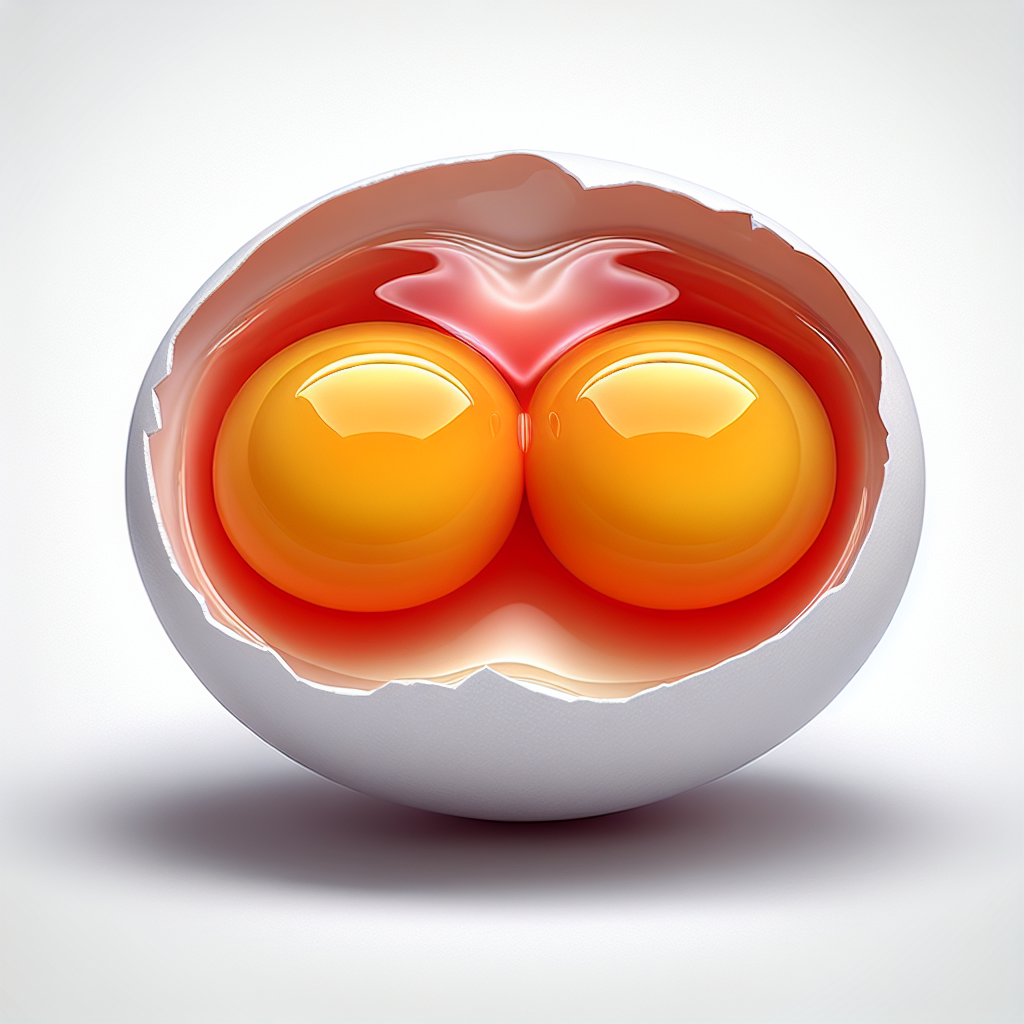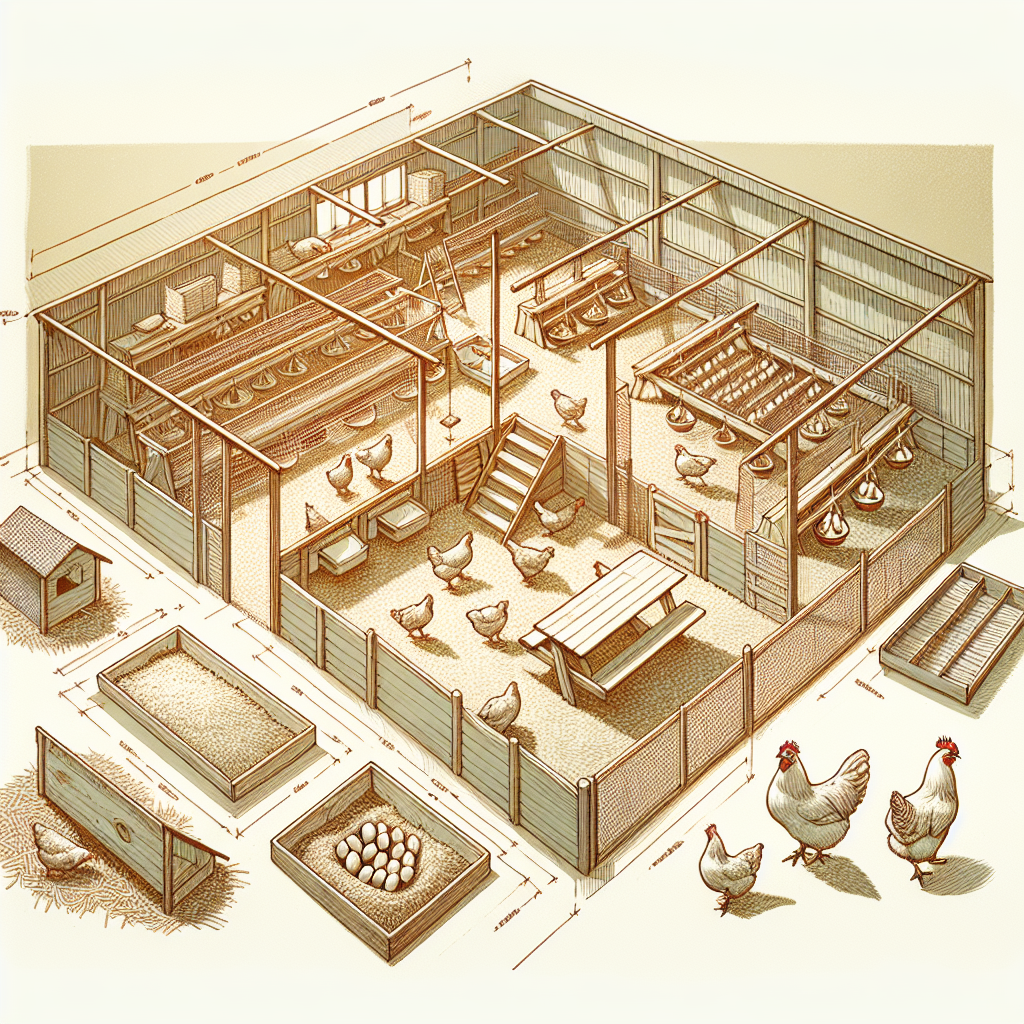As your hens gracefully age, you may wonder if their egg-laying days are numbered. Will you still find a fresh egg nestled in the coop each morning, or is a decline in production inevitable? Aging is a natural process for chickens, just as it is for us, but the impact it has on their egg-laying abilities is a valid concern. In this article, we will demystify the topic and explore whether you can anticipate a decline in egg production as your hens grow older. So, sit back, relax, and let’s find out what lies ahead for your feathered friends.
Factors Affecting Egg Production
Breed
The breed of your hens plays a significant role in their egg production. Different breeds have varying levels of egg-laying abilities. Some breeds are known for their high egg production, while others may not be as prolific. When selecting your hens, consider breeds like the Rhode Island Red, Leghorn, or Sussex, which are known for their exceptional egg-laying capabilities.
Diet
The diet of your hens directly impacts their egg production. Providing them with a well-balanced and nutritious diet is essential. A diet rich in high-quality protein, vitamins, and minerals supports optimal egg production. Ensure that your hens have access to plenty of fresh water, along with a feed that contains the necessary nutrients for egg production.
Health
The health of your hens is crucial for consistent egg production. Regular veterinary check-ups can help identify any underlying health issues that may affect their egg-laying abilities. Common health problems that can impact egg production include parasites, respiratory diseases, and reproductive disorders. By maintaining their overall health and addressing any health concerns promptly, you can maximize egg production.
Environment
The environment in which your hens are kept can also impact their egg production. A clean and comfortable coop with adequate ventilation is essential. The coop should provide shelter from extreme weather conditions, predators, and stressors. Ensuring that your hens have enough space and appropriate nesting boxes can also promote optimal egg production.
Lighting
Lighting conditions can influence egg production, particularly during the winter months when daylight hours are shorter. Hens require around 14 to 16 hours of daylight to stimulate egg production. Supplementing their natural light with artificial lighting in the coop can help maintain consistent egg production throughout the year. However, it’s important to gradually adjust the lighting schedule to mimic the changing seasons to prevent unnecessary stress on the hens.
Age and Egg Production
Peak Egg Production
Hens typically reach their peak egg production between 6 to 12 months of age. This is the stage where they lay the highest number of eggs consistently. During this period, you can expect your hens to be laying eggs regularly and in larger quantities. It’s an exciting time for poultry keepers as they can enjoy a bountiful supply of fresh eggs.
Plateau Period
After the peak egg production stage, hens enter what is known as the plateau period. During this phase, their egg production stabilizes and remains relatively consistent. Although the number of eggs they lay may not be as high as during their peak, they will continue to lay eggs regularly. The duration of the plateau period varies depending on several factors, including breed, diet, and overall health.
Decline in Egg Production
As hens age, it’s natural for their egg production to decline gradually. The decline typically occurs after the plateau period. Factors such as genetics, nutritional deficiencies, disease, and stress can contribute to this decline. While egg production may not completely cease, the number of eggs laid will reduce. It’s essential to manage their care effectively during this stage to ensure their overall well-being.
Understanding Peak Egg Production
Factors Influencing Peak Egg Production
Several factors influence a hen’s peak egg production. Genetics, breed selection, diet, and a conducive environment are pivotal in achieving optimal egg production during this stage. Selecting high-production breeds and providing them with a well-balanced diet that meets their nutritional needs can maximize egg output. Additionally, maintaining a stress-free environment and addressing any health concerns promptly can contribute to peak egg production.
Duration of Peak Egg Production
The duration of peak egg production depends on various factors, primarily breed and individual hen characteristics. Typically, this stage lasts for several months, with egg production steadily increasing until it reaches its maximum level. However, it’s important to note that peak egg production will eventually plateau and decline naturally as the hens age.
Plateau Period
Factors Influencing Plateau Period
The length of the plateau period can be influenced by multiple factors. Genetics, breed, diet, and overall health play a significant role in how long hens maintain consistent egg production during this phase. Well-nourished hens with minimal health issues tend to have longer plateau periods. Providing optimal environmental conditions, such as a comfortable and low-stress coop, can also help extend the duration of the plateau period.
Duration of Plateau Period
The plateau period can last for a varying length of time, depending on several factors. On average, hens may continue to lay eggs consistently for around 2 to 3 years after reaching their peak. However, it’s important to remember that individual hens may experience variations in the duration of their plateau period based on their genetic predispositions and overall health.
Factors Contributing to Decline in Egg Production
Natural Aging Process
As with any living being, the aging process affects hens’ egg production capabilities. As they get older, the reproductive system undergoes changes, resulting in a gradual decline in egg production. While this decline is a natural part of their life cycle, proper management can help prolong their egg-laying abilities and overall well-being.
Genetics
Genetics plays a significant role in determining the overall egg production potential of hens. Some breeds may have a genetically predetermined decline in egg production as they age. However, it’s important to note that genetics alone do not dictate their egg-laying abilities. Proper nutrition and care can help mitigate the effects of genetic factors on egg production.
Nutritional Deficiencies
Insufficient or imbalanced nutrition can contribute to a decline in egg production. Hens require a diet that meets their specific nutritional needs, particularly in terms of protein, vitamins, and minerals. Nutritional deficiencies can hinder their ability to produce eggs consistently. Providing them with a high-quality feed formulated for their age and breed can help ensure they receive the necessary nutrients for optimal egg production.
Disease
Various diseases can impact a hen’s reproductive system, leading to a decrease in egg production. Infectious diseases, parasitic infestations, and reproductive disorders can all contribute to a decline in their ability to lay eggs. Regular health check-ups, vaccination, and proper biosecurity measures can help prevent and manage diseases, thus supporting consistent egg production.
Stress
Stress can have a negative impact on a hen’s overall health and egg production. Environmental stressors, such as overcrowding, extreme temperatures, or excessive noise, can disrupt their egg-laying abilities. Implementing stress reduction strategies, such as providing ample space, maintaining a clean and comfortable coop, and minimizing disturbances, can help promote consistent egg production.
Managing Egg Production as Hens Age
Monitoring Egg Production
Regularly monitoring egg production is crucial to effectively manage the egg-laying abilities of aging hens. Keeping track of the number of eggs laid, their size, and any changes in the pattern or frequency of laying can provide valuable insights into their reproductive health. Any significant deviations from their normal egg production should warrant closer attention and potential intervention.
Nutritional Supplements
Supplementing the hens’ diet with specific nutrients can help support their egg production as they age. Nutritional supplements, such as calcium and omega-3 fatty acids, can contribute to healthier eggs and maintain the hens’ reproductive health. Consulting with a veterinarian or poultry nutritionist can help determine the appropriate supplements for your specific hens’ needs.
Stress Reduction
Minimizing stress is key to ensuring optimal egg production in aging hens. Providing them with a calm and comfortable environment, with adequate space and proper ventilation, can help reduce stress levels. Limiting unnecessary disturbances, such as sudden loud noises or frequent coop cleaning, can also contribute to a stress-free environment.
Regular Health Check-ups
Regular health check-ups are essential for identifying and addressing any health issues that may affect egg production. Establishing a relationship with a poultry veterinarian can ensure timely diagnosis and treatment of any underlying health problems. Regular vaccinations, deworming, and parasite control measures also contribute to maintaining the hens’ overall health and egg production capabilities.
Conclusion
As your hens age, it’s normal to expect a gradual decline in their egg production. Factors such as breed, diet, health, environment, and lighting influence their ability to lay eggs consistently. Understanding the different stages of egg production, including peak production, the plateau period, and the decline phase, can help you manage their care effectively. By providing them with optimal nutrition, minimizing stress, and ensuring regular health check-ups, you can support their overall well-being and maximize their egg-laying abilities for as long as possible. Remember to monitor their egg production, make necessary adjustments to their diet and environment, and consult with professionals if any concerns arise. With proper care, your aging hens can continue to provide you with fresh and nutritious eggs for many years to come.




